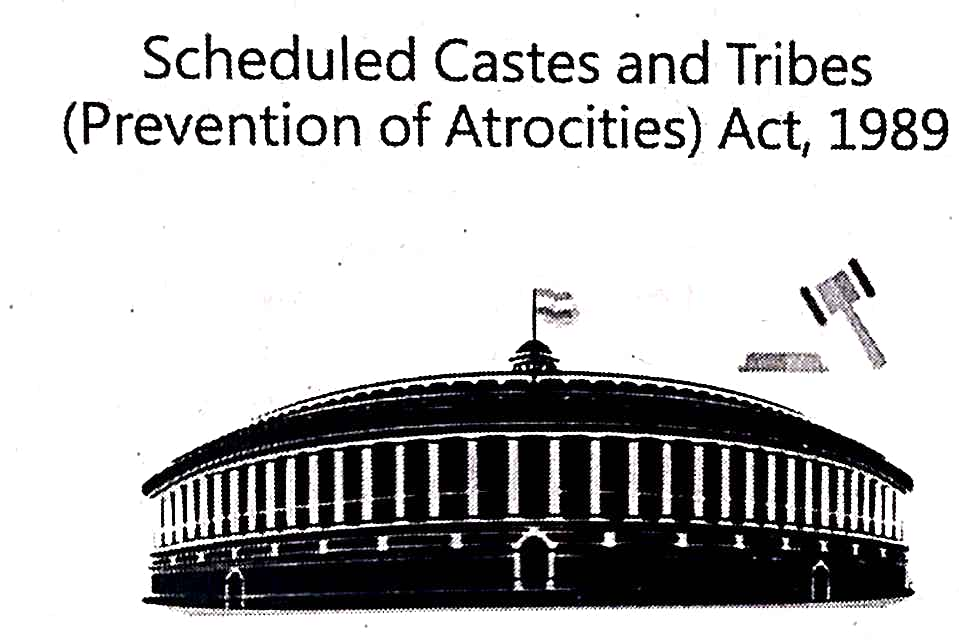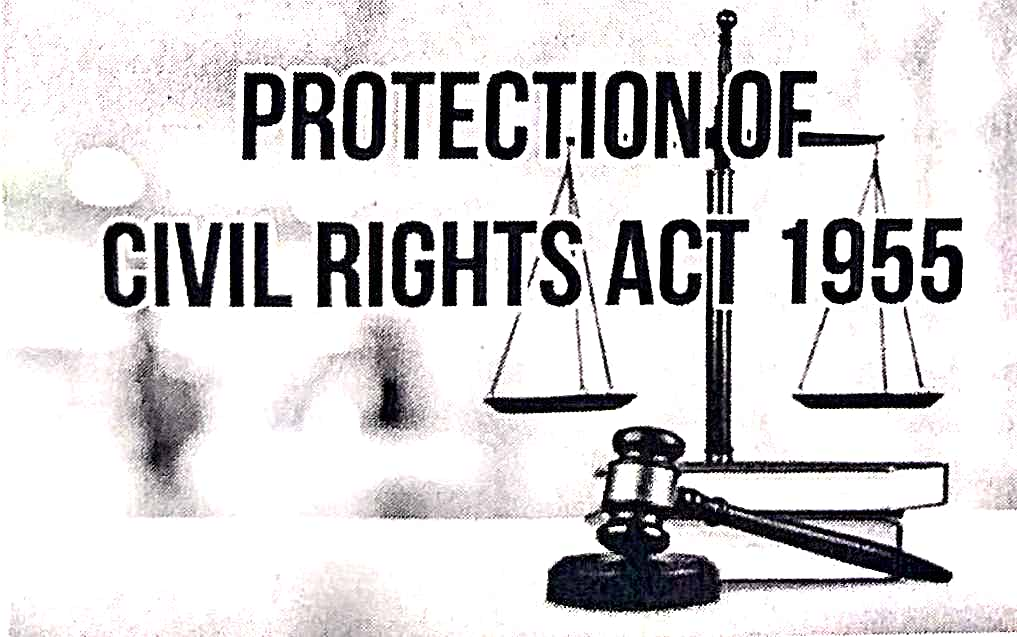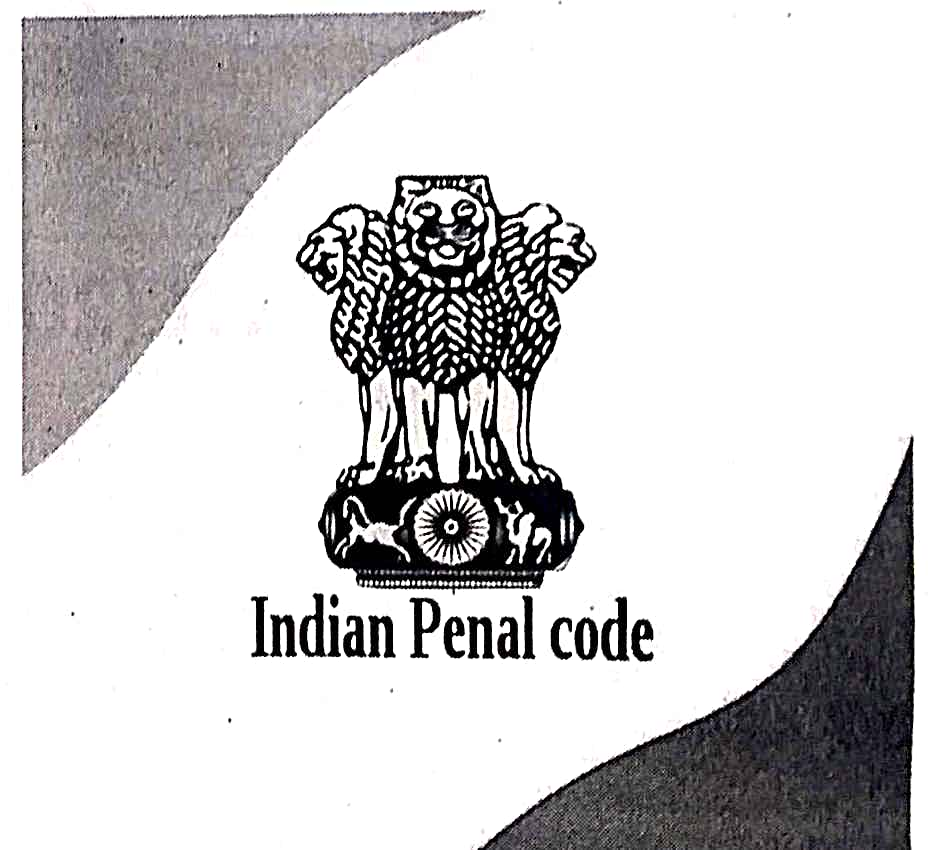Indian Penal Code (IPC)
Several provisions of the Indian Penal Code (IPC) relating to varying degrees of physical harm and intimidation can be used to prosecute perpetrators of coral punishment against children in an institutional setting, This includes;
O Indian Penal code
Section 305: Abetment of suicide committed by a child
Section 323: Voluntarily causing hurt
Section 325: Voluntarily causing grievous hurt
Section 326: Voluntarily causing hurt by dangerous weapons or means
Section 352: Assault or use of Criminal force otherwise than a grave provocation
Section 354: Outraging the modesty ofa women
Section 506: Criminal intimidation
Section 509: Word, gesture or act intended to install the modesty of a woman
Till recently, the provisions of Sections 88 and 89 of the IPC were invoked to explain the power teachers exercised when inflicting corporal punishment. These two provisions in the chapter on ‘General Exceptions’ cover harms that may be caused without penal consequence. Section 88 exempts an act from being treated as an offence when the harm was caused “to any person for whose benefit it is done in good faith’. Section 89 exempts acts “done in good faith for the benefit of the person under 12 years of age or by consent, either express or implied, of the guardian or other person having lawful charge of that person.”
Scheduled Castes Tribes (Prevention of Atrocities) Act 2009

Some provisions of the Scheduled Castes and Tribes (Prevention of Atrocities) Act, 1989 can be used to prosecute an adult in the inflicts who general category corporal punishment upon a scheduled caste or scheduled tribe child.
Protection of Civil Rights Act, 1955

Various Protection of Civil Rights Act, 1955 can be used to prosecute a person/ manager/ trustee as well as warrant resumption or suspension of grants made by the Government to the educational institution or hostel on the ground of untouchability.
Also Read – The Right of Children to Free and Compulsory Education Act

